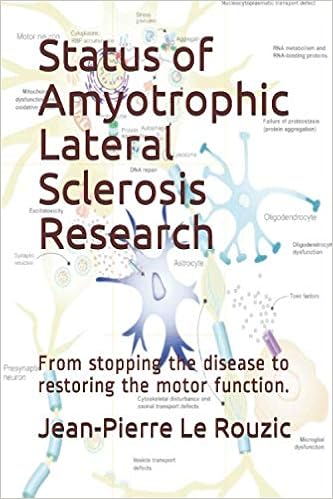Amyotrophic lateral sclerosis (ALS) is a fatal neurodegenerative disease characterized by progressive degeneration of the upper and lower motor neurons. The prognosis is very variable, ranging from a few months to over 30 years. Blood levels of vitamin D 25OH (Calcifediol) have been associated with an worse prognosis for ALS, but these results remain controversial. In medicine, the 25-hydroxy vitamin D (calcifediol) blood test is used to determine the amount of vitamin D in the body. The blood level of calcifediol is considered the best indicator of vitamin D status. Patients with osteoporosis, chronic renal failure, malabsorption, obesity and certain other infections may be at high risk.
This prospective cohort of ALS patients contacted 127 patients, and 105 of them met the inclusion criteria. All ALS patients were included prospectively and examined up quarterly in the ALS center of Montpellier. The average age of onset of symptoms was 62, 32% of subjects had bulbar type ALS. Data from 22 patients were excluded from the study.
While the normal range for calcifediol is 30.0 to 74.0 ng / mL, the average level of calcifediol in the cohort of ALS patients was 26.8 and was similar between men and women. The ALS severity score on inclusion in the study was higher in bulbar patients.
Patients with the lowest 25OH Vitamin D Levels have the worst Amyotrophic Lateral Sclerosis prognosis. When the patients were classified into three groups according to the level of calcifediol (<15,> 15 and <30, and> 30 ng / ml), age, slow vital capacity (CVS) and weight loss at study start were not significantly different between these three groups. Patients with Calcifediol levels <15 ng / ml had a significantly higher ALS severity score at baseline than the other patients.
The ALS severity score at the end of follow-up was not found to be correlated with the initial levels of calcifediol, but it was correlated with the levels of Calcifediol at the end of the follow-up, the duration of ALS at inclusion, slow vital capacity (SVC) at inclusion and loss of SVC.
Certain limitations must however be underlined. Scientists have not observed here an influence of calcifediol levels on survival. A potential reason for this difference could be recent changes in medical practice. In the researchers' previous work, almost 30% of ALS patients had a serious vitamin D deficiency, for example less than 15 ng / ml. In the present study, only 19 out of 105 patients (18%) had such low Calcifediol levels.
Doctors now seem to be more aware of the importance of vitamin D supplementation, which may explain the lower proportion of severely impaired patients.
An important point would be whether patients with vitamin D supplementation have a better or worse prognosis.
Another limitation of current work is the small sample size of the population.
Another potential limitation to this study is that several factors, linked to daily life, can influence blood levels, such as food intake or exposure to the sun. As the disease progresses, patients limit their outdoor activities and therefore may have lower Calcifediol levels.
Even if Calcifediol levels are associated with the ALS severity score at the end of the study, in this cohort, there is no solid argument, to date, for proposing systematic vitamin D supplementation to patients with ALS.
Advertisement

This book retraces the main achievements of ALS research over the last 30 years, presents the drugs under clinical trial, as well as ongoing research on future treatments likely to be able stop the disease in a few years and to provide a complete cure in a decade or two.
